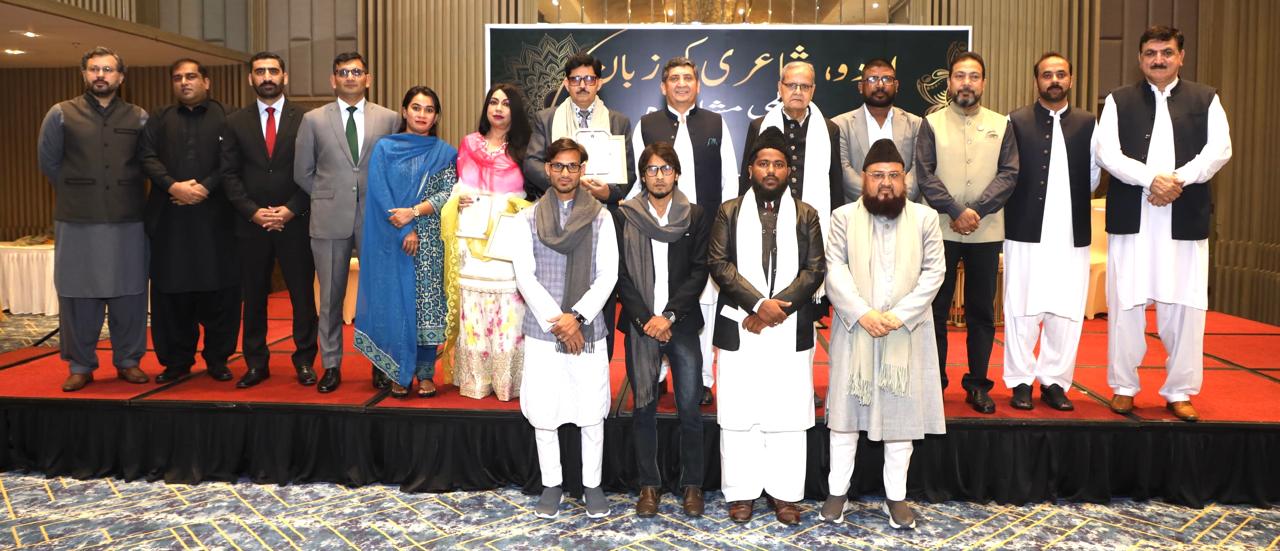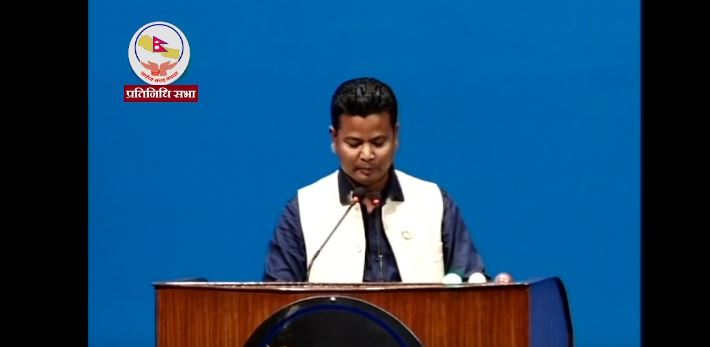This random question made me think. Sure, those who were educated in good boarding schools, where English is taken as the “first” language, might not even realize when exactly they got the hang of the language. But what about those who weren’t exposed to a similar educational environment? Don’t they struggle with this foreign language frequently? So, is learning English, or any other language other than one’s own mother tongue for that matter, a tough nut to crack, or an easy one?
Since Nepali is the official lingua franca of Nepal, most Nepalis are familiar with it. Still, apart from Nepali, there are several other regional and communal languages in the picture as well. Moreover, let’s not forget Sanskrit which holds a prominent history due to its deep cultural roots. Then, there is Hindi, which, thanks to the glossy entertainment industry and age-old relations with our southern neighbor, has always been extremely popular. Aside from these, English too reigns as the ultimate universal language. Also, nowadays, Asian languages like Chinese, Korean, Japanese, Arabic etc, along with European languages like French, Spanish, and German etc in addition to some African languages are becoming the favorite choices of those interested in expanding their linguistic boundaries and employment opportunities.
It’s a broadly accepted notion that the efficiency of learning new languages diminishes with increase in age. Maybe that’s why those languages that we learn during the early years of our lives, mainly before teenage, have greater influence on us than those learnt at a later stage.
Nevertheless, like mathematics, languages are all about practice. No matter how good one is, if the practice becomes minimal, the foundation gets shakier. After losing touch with a language, we might feel somewhat out of our depth while dealing with that particular language. Meanwhile, we feel comfortable with expressing ourselves in another language that we’re comparatively more in tune with at the moment.
Languages can be tricky too. The same language is spoken with a different accent, depending upon the geography, community, environment, and age. For instance, a rural Aryan octogenarian speaks Nepali in a manner that sounds fairly different than an urban Mongolian adolescent.
Interestingly, sometimes, we also come across the “modified” versions of a certain foreign language that sooner or later gets accepted at the local levels as a result of repeated and continual usage.
The process of learning a language is believed to reach its completion when the learner is able to read, write, understand, and speak the language fluently. But at the start, some trouble may arise. I experienced this when I first began to learn Spanish. Whenever somebody would ask me a question in Spanish that required an elaborate answer, my mind would immediately settle into an autopilot mode. First, I would translate it to English. Then, I would proceed towards comprehending the question. Next, I would try to remember the appropriate words in Spanish. Finally, I would think of the proper sentence structure to be applied. Initially, this might take a minute. Now, that’s perfectly normal inside a classroom, but staring at the ceiling while consistently trying to put the words together during a casual conversation isn’t very practical.
Similarly, while writing, the English to Spanish/Spanish to English Pocket Dictionary would become handy. Actually, even this wouldn’t always work because they’re both different languages, and although there is a host of similitude, it’s impossible to translate everything. While listening, I’d miss chunks here and there, not quite being able to catch up. And whilst reading, the accent wouldn’t come out right. Yet, for so many problems, there was only one solution – Practice.
Truthfully, for learning a language, a classroom isn’t the sole destination. In our daily lives, the way we speak is a bit different from how we write, in terms of grammar, intonation, expressions, gestures, and sentence structures. A native speaker often holds a better command over a language in comparison to a non-native speaker. Thus, it’s more beneficial to mingle around in an environment where the language is spoken profusely.
But this option may not be available all the time. Therefore, in order to brush up their language skills, the learners must resort to alternative means, namely, movies (with or without the subtitles as per the convenience), songs (preferably with the lyrics), listening to texts, writing assignments, conversation exercises, translation worksheets, and reading materials.
Whether you’re six or sixty, learning a language always begins from square one. There are the alphabets, the numbers, the simple words that gradually get more complex, the little stories that eventually get lengthier, and the small rhymes that steadily turn into full fledged songs. Honestly, there isn’t a definite time frame within which a language can be mastered. It all depends on the person and the situation.
Languages are like quicksand. Once you get caught up in them, they only pull you deeper into their endless depths. And the deeper you go, the more you discover about the scripts, vocabularies, spellings, phonetics, accents, tones, and the like. Language isn’t just a means of communicating. In fact, it’s also a key to unlocking a world of culture, tradition, history, and the lifestyle of a country. It’s amazing that such great varieties of languages are flourishing worldwide with and despite their similarities and differences. And although learning a couple of them sounds like drinking a goblet or two out of an ocean, we should grasp what little we can, as it’s prudently said: something, after all, is better than nothing.
Pak embassy organizes poetry symposium — Aalmi Mushaira: Urdu,...





































